Is Catholicism Stealing the Spotlight? 14 Reasons It’s One of the Best Denominations
Let’s discuss Catholicism, a Christian denomination that has long been prominent in the religious landscape. In this article, we will answer the question: Is Catholicism taking center stage among Christian denominations?
We’ll uncover 14 compelling reasons that demonstrate why many people consider it to be the standout denomination. Whether you’re a devout Catholic, a curious learner, or simply seeking to understand what makes Catholicism unique, join us while we dive into the remarkable aspects of this ancient faith.
1. Historical Legacy

Catholicism can trace its roots back to the time of Jesus Christ and the Apostles, offering a deep connection to the early Christian Church. This rich history includes a succession of popes and saints, making it a cornerstone of Christian heritage.
2. Apostolic Succession

Catholicism emphasizes apostolic succession, the belief that popes and bishops are successors of the Apostles, maintaining continuity with the teachings and traditions of the early Church. This continuity is seen as a source of authority and authenticity.
3. Sacraments

Catholicism recognizes seven sacraments, including baptism, Eucharist (communion), confirmation, reconciliation (confession), anointing of the sick, marriage, and holy orders. These sacraments are seen as tangible means of encountering God’s grace.
4. Liturgical Tradition

The Catholic Church has a rich liturgical tradition that includes the celebration of the Mass and other rituals that offer a sense of transcendence and reverence. The liturgy provides a structured and meaningful way to worship.
5. Social Teachings

Catholicism has a well-developed body of social teachings, often referred to as Catholic Social Teaching. These principles emphasize the dignity of every human being, social justice, and care for the marginalized, reflecting a commitment to making the world a better place.
6. Global Community

The Catholic Church is a global community with members spanning across continents and cultures. This diversity enriches the faith experience and fosters a sense of unity among Catholics worldwide.
7. Saints and Devotions

Catholicism celebrates a multitude of saints, each with their own patronage and stories of faith. These saints serve as role models and protectors for Catholics seeking guidance and inspiration.
8. Intellectual Tradition

Catholicism has a strong intellectual tradition, marked by theologians and philosophers like St. Augustine, St. Thomas Aquinas, and others. This tradition has significantly contributed to the development of Western thought and theology.
The four claims of Catholic intellectual tradition include incarnation, philosophical anthropology, faith and reason, and the existence and knowability of truth.
9. Charitable Works

The Catholic Church is known for its extensive charitable works, including hospitals, schools, and relief organizations. These initiatives reflect a commitment to serving the needy and alleviating suffering.
10. Ecumenical Engagement

Catholicism actively engages in ecumenical dialogue with other Christian denominations, seeking to promote understanding and unity among Christians.
Ecumenism is an ongoing initiative by divided Christian churches to encourage outward manifestations of their shared faith and eucharistic fellowship.
11. Moral Teachings

Catholicism provides a comprehensive moral framework rooted in natural law and the Ten Commandments. This ethical foundation guides believers in making ethical decisions in their lives.
12. Devotional Practices

The Rosary and the Stations of the Cross are cherished devotional practices in Catholicism. The Rosary combines prayers with meditation on significant events in the lives of Jesus and Mary, fostering a deep spiritual connection.
Similarly, the Stations of the Cross invite reflection on Jesus’ journey from condemnation to resurrection, deepening the understanding of His sacrifice. These practices help Catholics engage more profoundly with their faith and its central figures.
13. Deep Understanding of Faith

Catholicism is known for its thoughtful approach to understanding faith. They think deeply about what they believe and why. Catholic theologians, or religious scholars, have worked hard to explain their beliefs in detail.
They’ve looked at things like the nature of God and how God’s grace works. This helps Catholics have a rich understanding of their faith. It also helps them have meaningful conversations with people from different religions, promoting understanding and cooperation.
14. Schools and Colleges

Catholicism has a long history of creating and running schools and colleges. These places don’t just teach subjects like math and science. They also teach values like kindness, helping others, and being responsible. Catholic schools aim to help students grow not only in knowledge but also as good people.
Catholic education is widespread, touching many students’ lives and contributing to improving society. This focus on education fits with the Catholic Church’s bigger goal of spreading knowledge and helping people grow, making it an important part of the Catholic tradition.
Catholic Saints Have Changed the Course of History
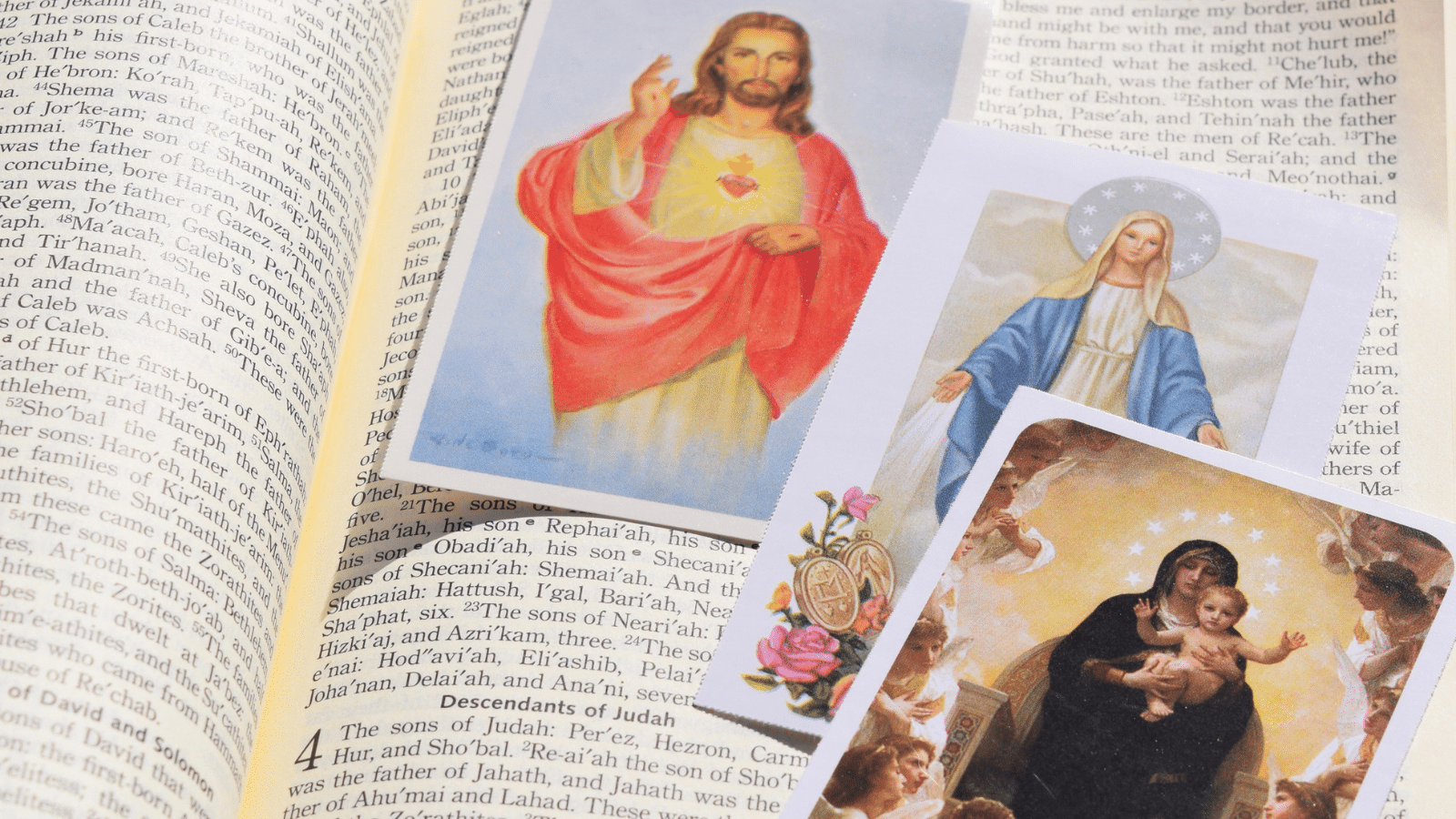
Whether or not you agree with Catholic teaching, it’s hard to deny: Catholic saints have played a pivotal role in shaping the course of history, leaving a lasting impact on both the Church and the world at large.
These remarkable individuals, through their unwavering faith, selfless acts of charity, and profound teachings, have left an indelible mark on society. Here are 10 remarkable Catholic saints who changed the course of history.
10 Remarkable Catholic Saints Who Changed the Course of History
It’s Important to Note: Catholics Don’t Worship Saints
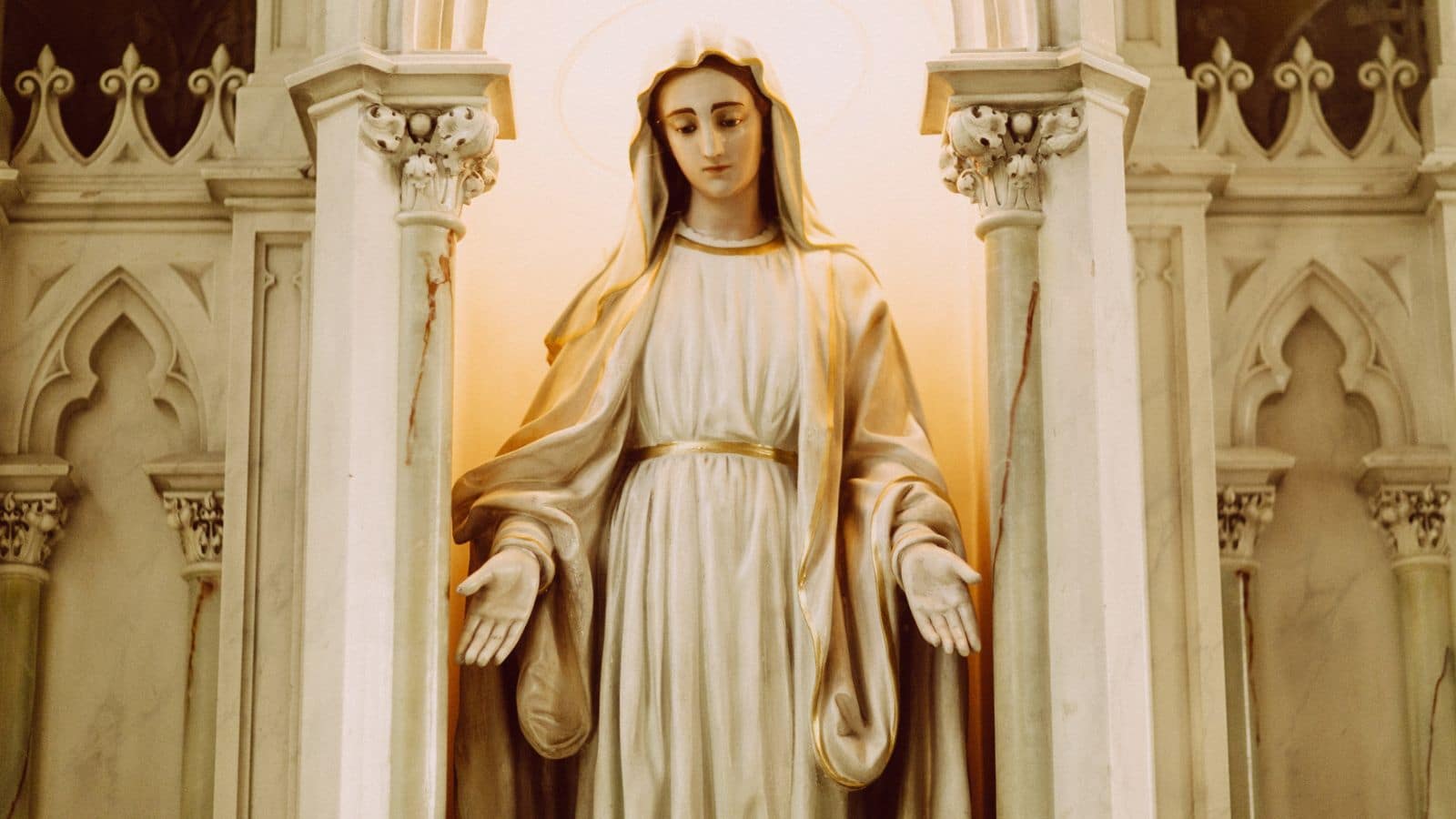
There’s a common misconception that Catholics worship Saints. Thankfully, this simply isn’t true.
(While some individual Catholic Christians may worship Saints, this practice goes against the official teachings of the Catholic Church.)
There’s a big difference between having a picture or statue of a saint in your home or church and actually worshipping that person.
This article does a great job explaining what Catholics really believe and why:
What Do Catholics REALLY Believe About Mary, Saints and Statues?
Why do Protestants Always Get These Catholic Church “Facts” Wrong?
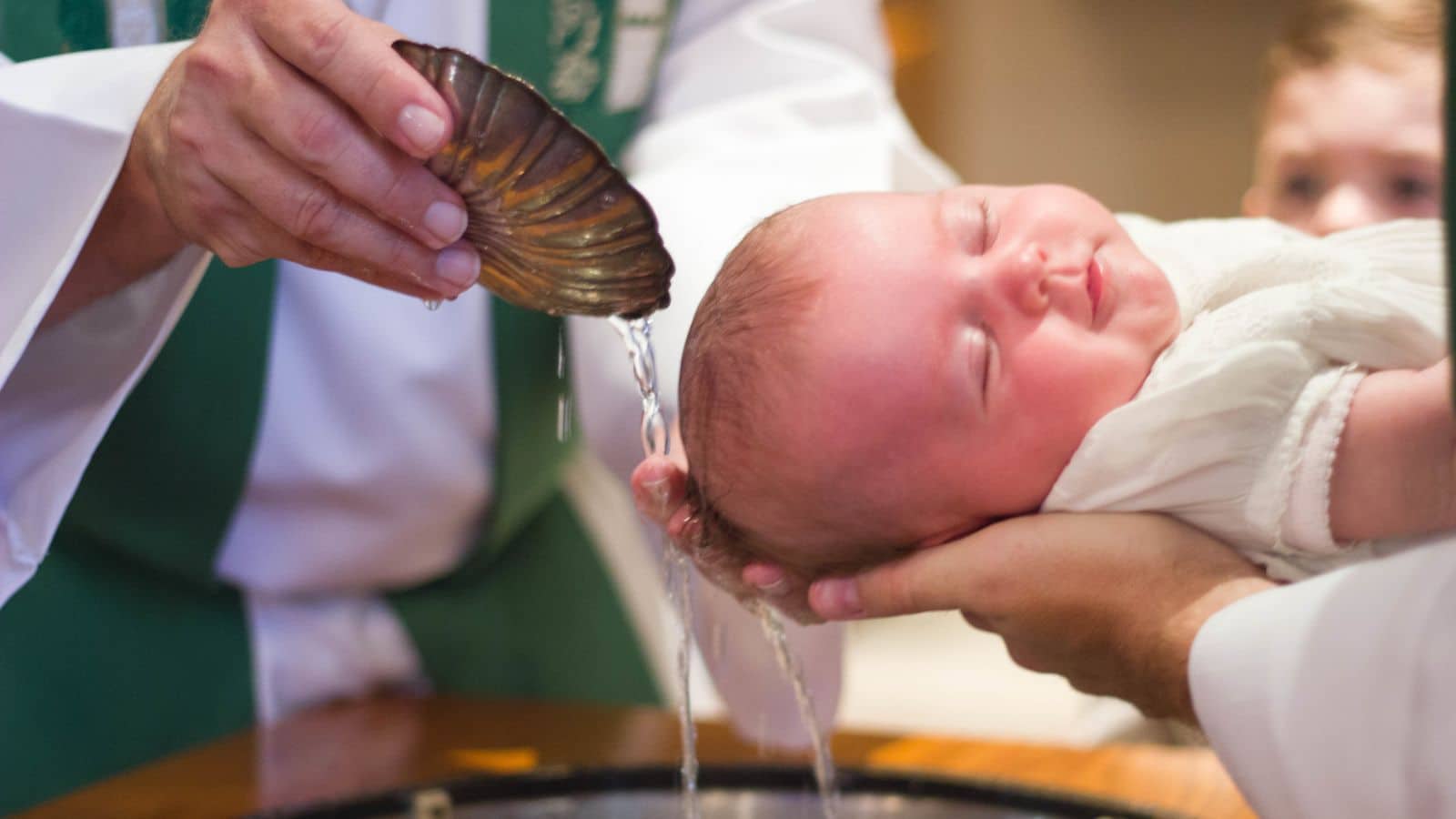
Think you know the Catholic Church? Think again.
Despite being the largest Christian denomination in the United States (and the world), much of what people believe about Catholics and the Catholic church simply isn’t true.
Are you guilty of believing any of these 15 Catholic Church myths?
15 Common Catholic Church “Facts” Protestants Constantly Get Wrong
10 Famous People You Didn’t Know Were Catholic

Celebrities and other famous people often keep their personal beliefs and religious affiliations private, but sometimes, their faith is an essential part of their lives. While some famous people openly embrace their Catholic faith, others may surprise you with their devoutness.
10 Famous People You May Not Have Known Were Catholic
Why Talking About Denominational Differences Matters
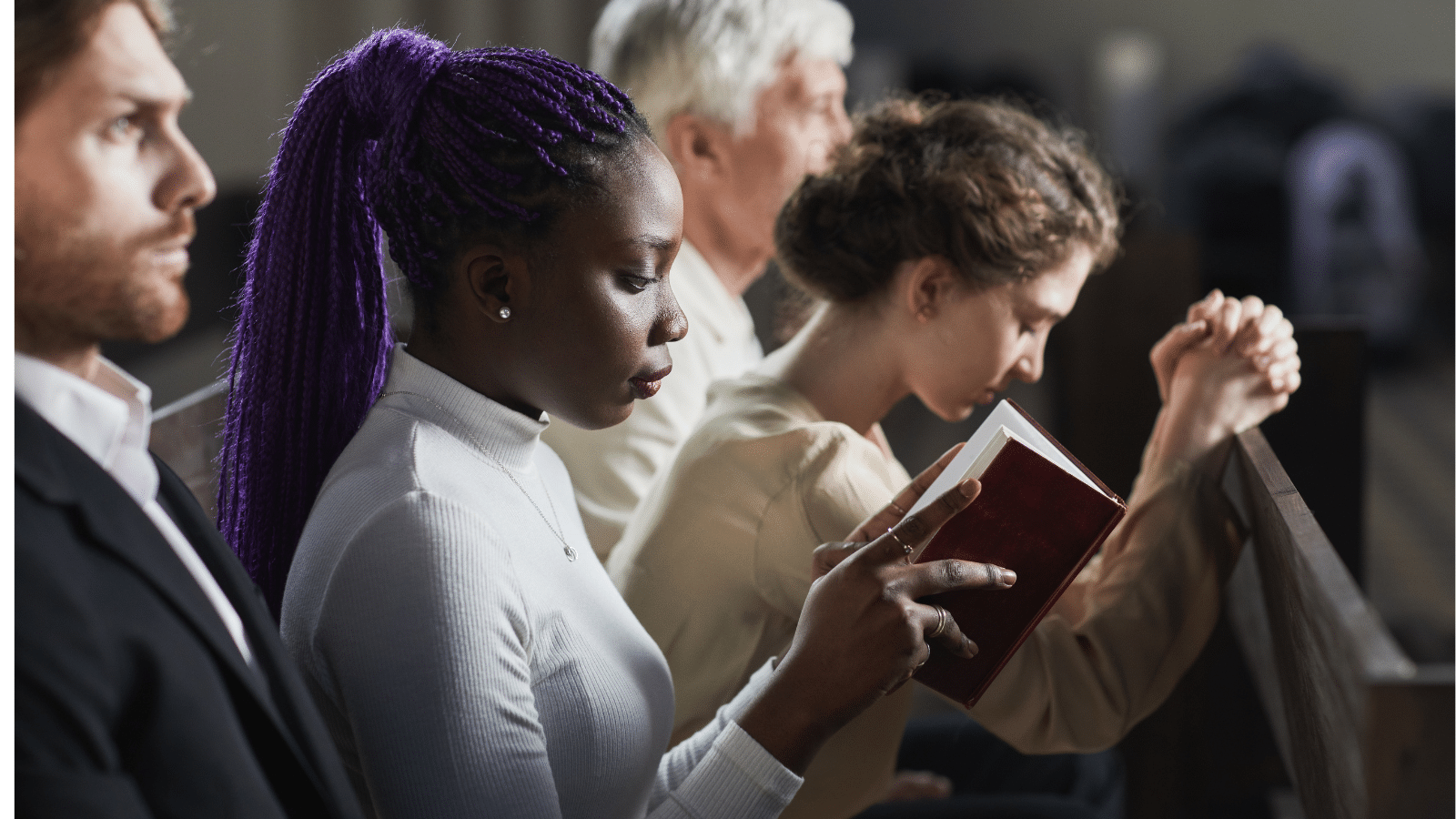
With thousands of different Christian denominations to choose from, it’s pretty clear that “being a Christian” doesn’t mean the same thing to everyone who would take that label. While it can be tempting to take the common stance, “Never talk about religion and politics,” we DO need to talk about our similarities and differences.
Here’s why: Why Talking About Denominational Differences is Important.



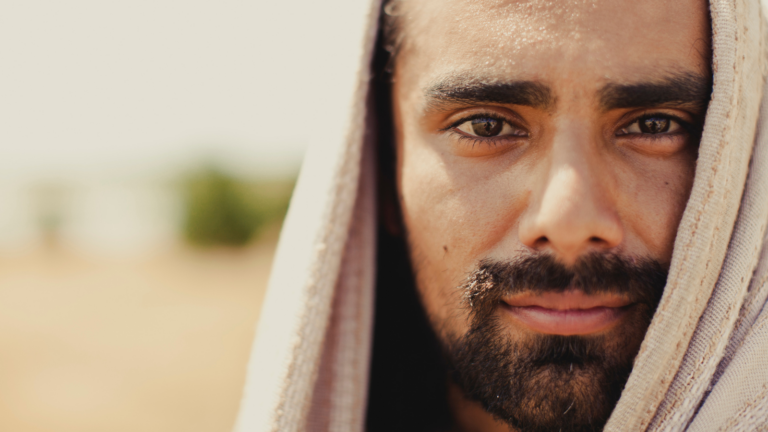



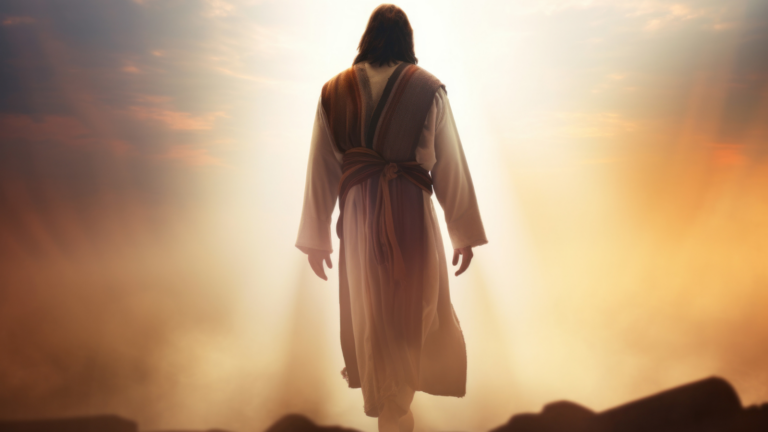
God Himself reached out and touched someone or someones to have this article printed here. You will receive the most evil letters regarding what you did and of course we know from where evil related things come from and it is not Heaven. I personally wish the Catholic Church itself would find places print out related facts like these. Like that all protestant religions where founded by men. I ask myself how can men find religion? I thought that that is what God does being He is perfect so to save you religion or churches have to be perfect like its founder in order to save you. Then you have some men founded religions read the Bible, which was authored by the Catholic Church, and say that what they read on many occasions that it really does not mean what they just read. Sample where Christ Himself not an Apostle says This is my Body, This is My Blood. Catholic Church says if He said it well that What He means.Period.
Glad you enjoyed the article!